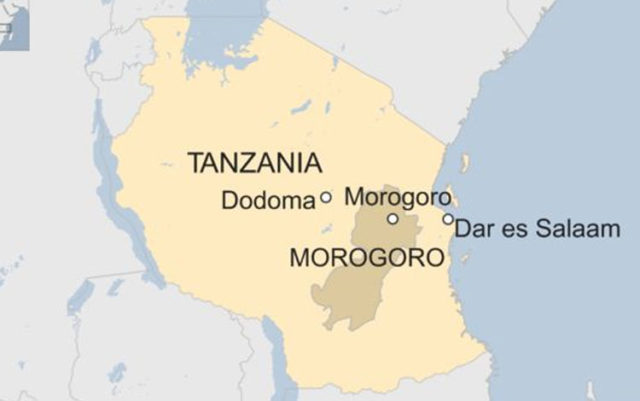
(4 minutes read)
- A mining company –Indiana Resources Limited – linked to the United Kingdom and Northern Ireland has become the second investor to declare a dispute with the Tanzania government over a retention of mining license
- In 2017, the Government of Tanzania introduced wide ranging amendments to the Mining Act 2010, which among other things, abolished the legislative basis for the retention license classification.
Mining in Africa rakes in money so also controversies. The cases relating to mining disputes are surfacing at regular intervals. There is a good side to the flip side of the story. Africans are becoming more aware of the lopsided contracts entered into by the erstwhile colonizers as more and more mining licenses are coming up for renewal or when fresh contracts are insisted by the governments.
The latest on the block is in Tanzania is a British company, Indiana Resources Limited (ASX: IDA). Coming close on the heels of another dispute happened a few days back with Winshear Gold Corporation of Canada, disputes are engaging the active attention of both the government and the industry.
Indiana Resources Limited in its notice served to the Tanzanian President, Attorney General and the Minerals ministry in relation to its Ntaka Hill Nickel Project Retention License says that Tanzania has breached obligations it owes to investors under the Agreement among the Government of the United Kingdom of Great Britain, Northern Ireland and the Government of the United Republic of Tanzania for the promotion and protection of investments in each other’s country. Notice formally advises Tanzanian Government of the company’s intent to submit a claim to arbitration to preserve its rights as a shareholder of Ntaka Hill Holdings.
It may be noted that in 2017, the Government of Tanzania introduced wide ranging amendments to the Mining Act 2010, which among other things, abolished the legislative basis for the retention license classification. Subsequently,on 10 January 2018 Tanzania published the Mining (Mineral Rights) Regulations 2018. This regulation empowered the Tanzanian government to cancel all Retention Licenses issued prior to 10 January 2018. Thereafter, the retention licenses were immediately transferred to the government of Tanzania.
The version of the Tanzanian government is that it has the power as mandated in the amendments to the act, to protect the mining interests of the country. But the version of the mining companies is different. They argue that the Tanzanian government has breached the obligations to the investors under the agreement signed earlier for promotion and protection of investments under the international law. The main contention of the disputants is that they had worked hard to bring the mining operations of their companies to certain levels and incessantly spend the hard earned resources to enhance the capacity of mines. According to them, the new rules set by the government through amendment of the mining act are a breach of agreement. They have notified six months time, as required by law, before initiating legal remedies if the dispute is not settled by that time. One has to wait for the outcome of the notice served. In similar cases, elsewhere in Africa, the respective governments did not budge the stand taken. Countries like South Africa and Zambia similar situation had risen, which witnessed high decibel lobbying by the foreign companies, which own most of the mining interests.











